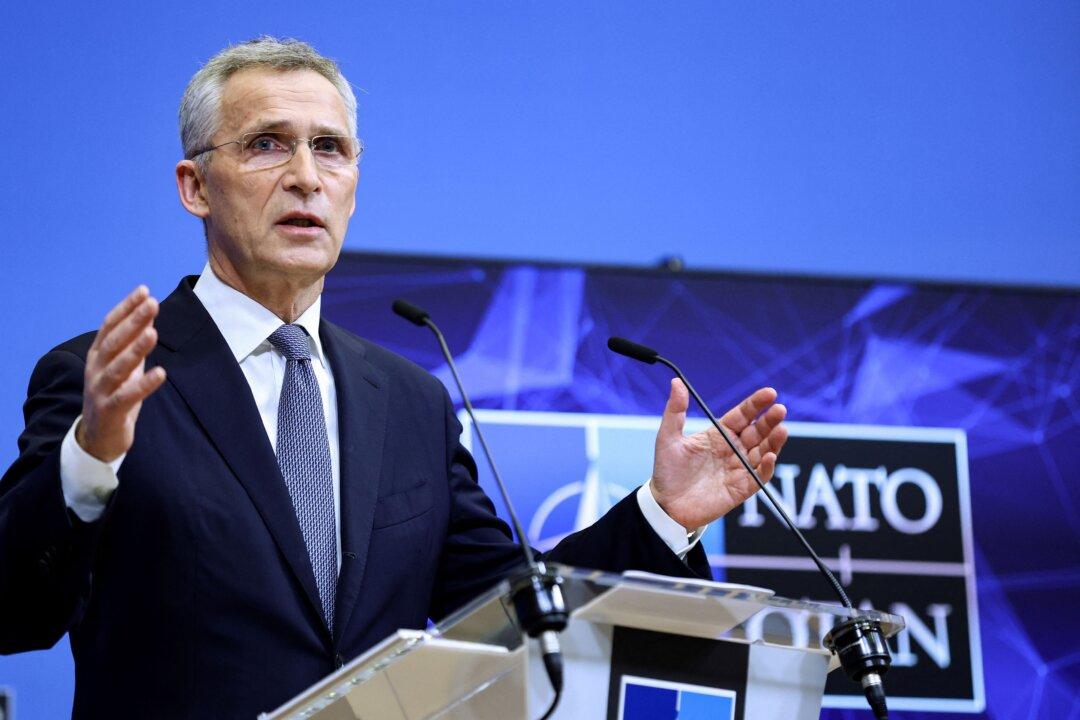NATO will meet on March 24 to discuss the ongoing war in Ukraine and the challenges posed by the Chinese Communist Party’s (CCP) apparent support of the Russian invasion.
“China has provided Russia with political support, including by spreading blatant lies and misinformation,” NATO Secretary-General Jens Stoltenberg said at a March 23 press conference. “For NATO, it is of particular concern that China now, for the first time, has questioned some of the key principles for security, including the right for every nation in Europe to choose his own path.”




